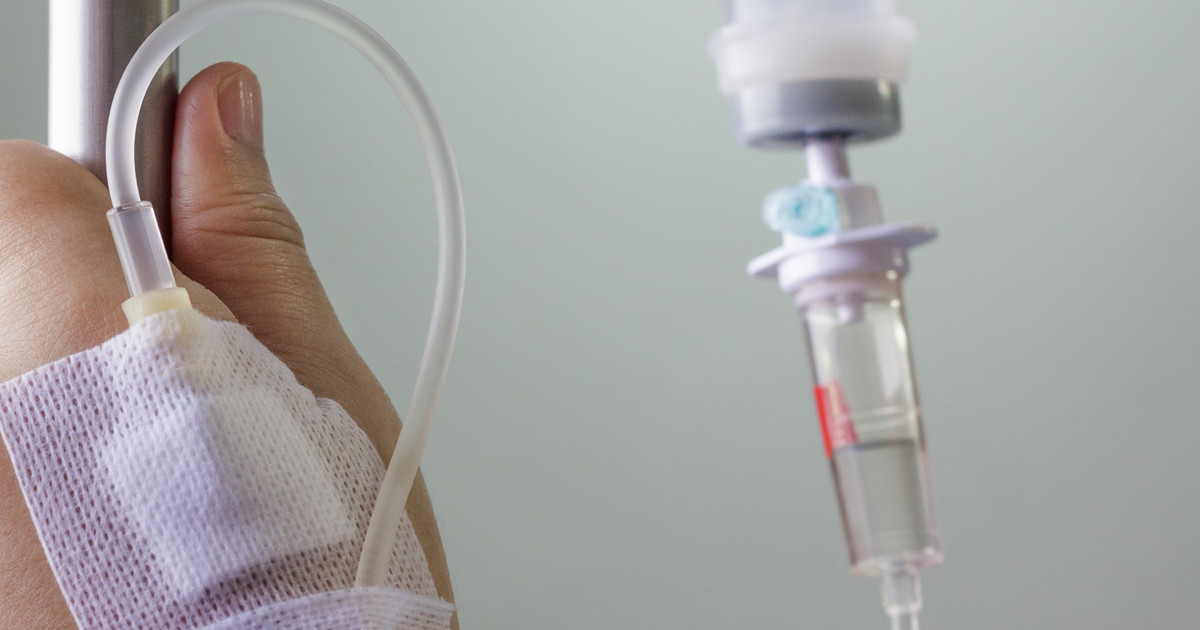What Is Cardioversion?
Cardioversion appears to be the name for a medical procedure. It seems to be a standard treatment for irregular heartbeats, though it may also fix fast heart rates. The procedure may be performed with electric shocks or intravenous medication, depending on the patient's needs. Most patients seem to have scheduled procedures. However, cardioversion may also be used in an emergency.
This procedure appears to be a common arrhythmia treatment. It should be a fairly common treatment for fibrillation, though some patients receive it as a treatment for tachycardia. However, this procedure puts patients at risk if they have blood clots. Patients who do may be prescribed medication for blood clots. They seem to need treatment for blood clots before they are eligible for this procedure. Of course, patients should review the procedure with their doctor beforehand so that they may have a chance at understanding it fully.
Chemical Versus Electrical Cardioversion
Electrical and chemical cardioversion seem to have the same goal of restoring a normal heart rhythm. Despite this, they also appear to be different procedures. Chemical cardioversion should use intravenous medication to control an individual's heart rhythm. It seems to be used the most on atrial fibrillation. Electrical cardioversion may use medication to sedate patients, but it seems to restore their heart rhythm with electric shocks.
It is worth noting that sedation may not be needed for chemical cardioversion. It also appears to be less invasive, though results may take longer to appear. In addition, the risks may be lower than they are with electrical cardioversion. Some doctors may choose to try chemical cardioversion first before attempting the electrical form. This may indicate that the chemical form is less effective.
Reveal potential reasons that this procedure is performed now.
Potential Reasons For The Procedure
As mentioned, this procedure may be used to treat heart rhythm issues such as atrial fibrillation. Overall, it appears to treat irregular heartbeats and heartbeats that are too fast. It seems to be recommended when a patient's issue increases their stroke risk. If their symptoms do not interfere with their activities and are only mild, the benefits may not outweigh the risks.
This procedure may be performed in an emergency, should it be necessary. Most patients, however, appear to have a scheduled appointment for cardioversion. Chemical cardioversion, of course, only includes medication to try correcting the issue. The electrical form may be what most individuals think of when they consider cardioversion. As mentioned, this one involves electric shocks. It appears to share some similarities with emergency defibrillation, though it is not the same.
Learn about how patients may be able to prepare for their procedure next.

